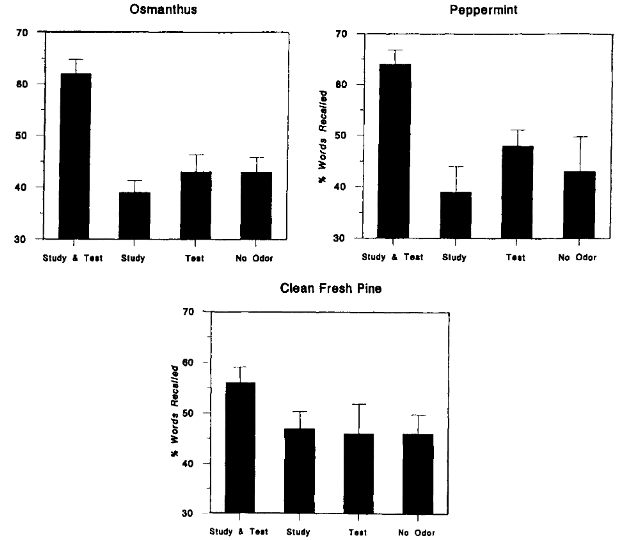Question: If you go to see flowers and don't smell them, is it likely that you will forget the event easier than when you do smell them? assuming all the other factors are constant.
Here's the story.
These days, with my nose always covered by a mask (and only smelling my own breath all the time), I can hardly smell flowers. So, when I went to see flowers last weekend, I guessed that the event will be less memorable than those from previous years.
I'm not in the bio/neuro field, so I wanted to check if my guess was right. After a few hours of search, I concluded that the guess wasn't a bad one. What I learned from the quick search was that: the olfactory system pathway is different from those of visual or auditory systems. For example, optic signals are relayed to the optic chiasm, which locates beneath the hypothalamus, then to the lateral thalamus, then to the visual cortex, which is near the back head. So, they just "pass by" the limbic system. Olfactory signals, on the other hand, are directed to the limbic system, parts of which handle emotional memory(amygdala) and long-term memory(hippocampus). Except that I am not sure what that 'handle' exactly means, it seems sensible to me that electric signals directed closer to the part of the brain related to memory are more likely to stimulate memory than those signals that divert the part.
I was happy to learn something new and posted it somewhere. Sadly, one of my distant friends had to disagree with me. She has ph.D. in a somewhat related field (she may have a good reason for that) and she refused(!) to give me a further explanation :(
What did I get wrong?
